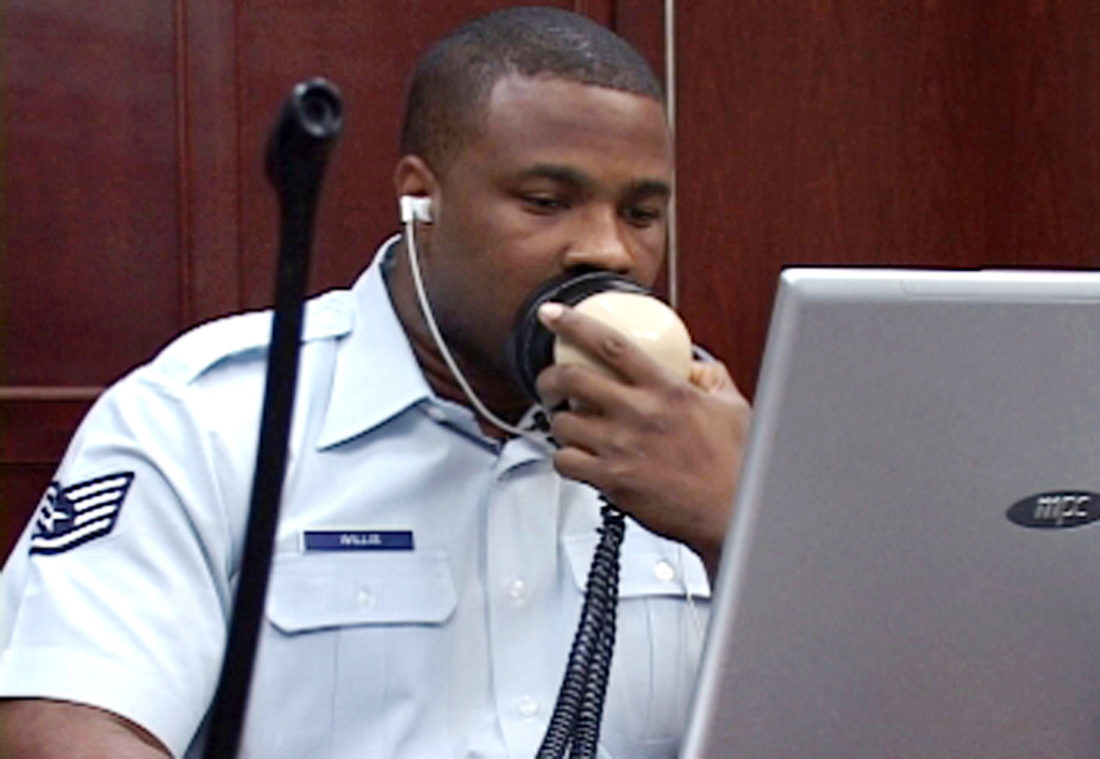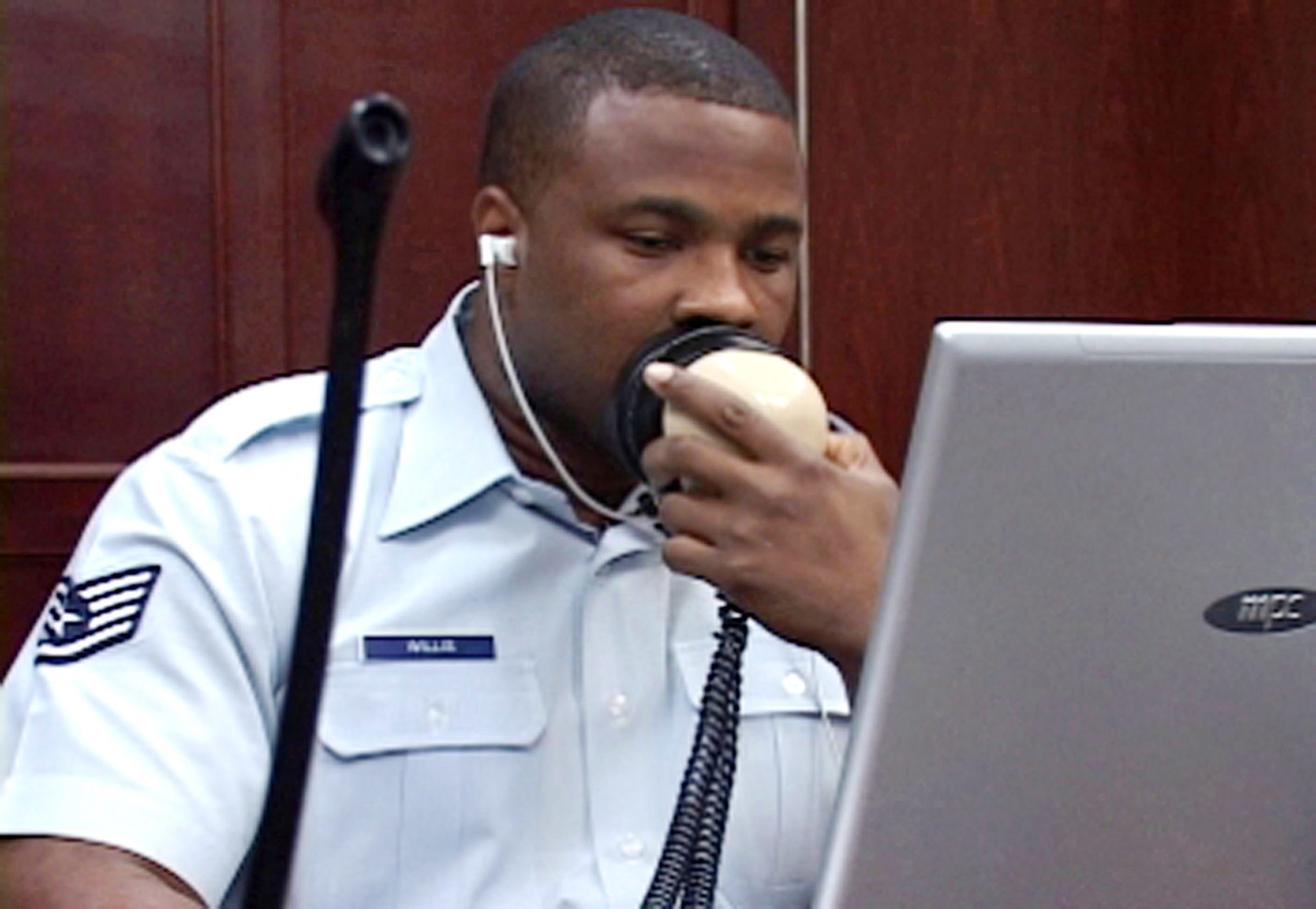 Are you curious about a career in court reporting? Are you trying to find a court reporter? Do you have questions about what you should look for when hiring a court reporter?
Are you curious about a career in court reporting? Are you trying to find a court reporter? Do you have questions about what you should look for when hiring a court reporter?
We’re here to help you out. Whether you’re a student interested in court reporting career options or you’ve been tasked with finding a court reporter – we’ve got the information you need.
We’ve put together a detailed list of the top skills needed to be a successful court reporter. We go beyond typing speed and accuracy and look at the equally important court reporting skills that are often overlooked.
Deep Knowledge Base
Along with a deep understanding of the law, legal processes, court room practices, and legal proceedings, it’s the other extra knowledge that can make a court reporter great. Think of the deposition or court case you have coming up – does it involve environmental issues, medical terminology, or real estate?
Working with a court reporter who has additional knowledge and expertise about the legal case and topic in question, can be a huge asset when it comes to ensuring accuracy and transcription proficiency.
Proactive and Assertive
Typically, a court reporter is considered to be a silent member of the court room. Sitting, listening, transcribing, and not speaking. However, there are times when a court reporter does need to speak up.
For example, when a witness is mumbling or speaking quickly or to get the correct spelling of street names or cities or to clarify the spelling of a person’s name. Remember, there is zero room for ambiguity in the final court room document, so you need to find a court reporter who has the confidence and assertive attitude needed to do a top professional job.
Work-Life Balance
Let’s admit it, being a court reporter can be very draining. Sitting in the court room or deposition suite listening to people answer challenging questions and often discussing hard-to-listen to topics, can take a toll.
It’s important that every court reporter have the support needed for real work-life balance in the courts. This means working with a team of fellow professionals who understand the demands of the career and who can help out when the workload becomes too heavy.
Having a positive mental attitude goes a long way in achieving this critical work-life balance. Remember that yes, while the responsibilities of being a court reporter are very important, your mental health and wellness are as equally important.
Strong English Language Skills
The ability to transcribe and provide an accurate record of conversations quickly and accurately comes down to having proficient English language skills. Spelling, grammar, punctuation, and an understanding of sentence structure are key when both listening and transcribing.
The better a court reporter’s English language skills, the easier it is to provide a professional court room transcript. Imagine if you were tasked with transcribing a legal deposition in a language that you only vaguely understand, think of how hard it would be to provide an accurate transcript – this is exactly why every court reporter needs excellent English language skills.
Commitment to Security, Confidentiality, and Privacy
A commitment to security, confidentiality, and privacy is deeply tied to the court reporter’s level of professionalism. A professional court reporter understands and respects the need for privacy and confidentiality with all matters discussed in the court room.
As well, it’s important that every court reporter understand the issues of privacy and security around digital file management. Having the technical skills to easily share, edit, and upload files in secure cloud storage goes a long way in ensuring the confidentiality and security of the legal documents.
Time Management Skills
A quick scan of the information available on the National Court Reporter’s Association website reveals how all-encompassing and involved a court reporter’s career is. The job duties do not end when the court room session or case is over.
When finding a court reporter or considering a career in court reporter, think long and hard about time management. Do you need a court reporter who can juggle multiple cases, or do you need a court reporter who can commit to your year-long court room proceedings? As a student considering a career in court reporting, think of how well you’re able to manage your schoolwork, friends, and part-time job – now think of what it will be like when you’re working as a professional court reporter.
You need a court reporter who can work independently and effectively manage their time. This is critical when it comes to ensuring documentation accuracy and in receiving transcripts in a timely manner.
Along with these top court reporting skills, it’s also important that you find a court reporter who enjoys their career. A court reporter who is happy with their work and enjoys what they do is a happy, productive, positive, and professional person – someone you want to be around and work with.
